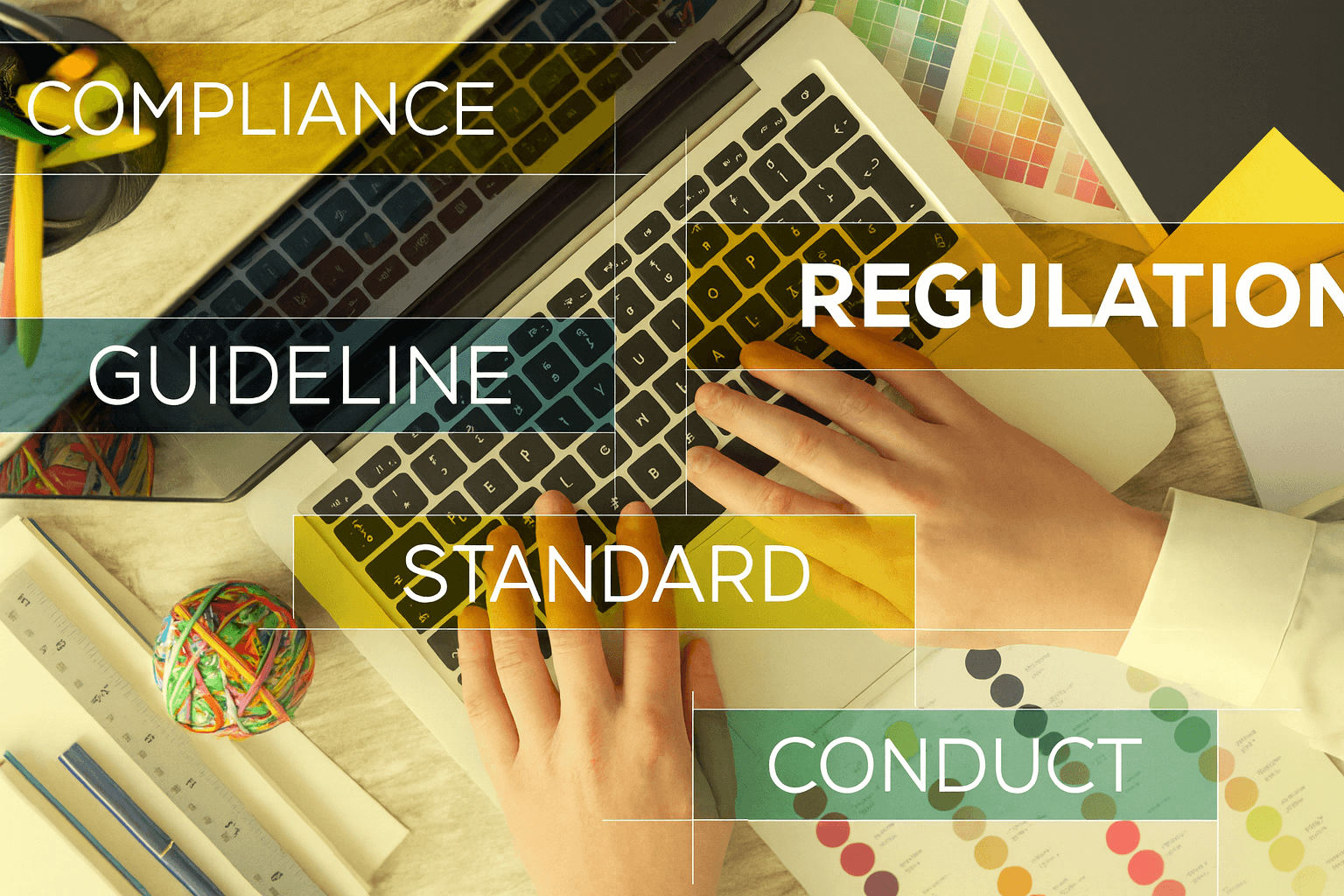The Evolution of Healthcare Call Centers and Support
In today’s healthcare environment, patients expect timely help and clear answers. Organizations are turning to partners like Care Agent BPO to meet these expectations. This type of provider delivers advanced technology and skilled teams to support patient needs around the clock. By outsourcing routine and high-volume interactions, healthcare organizations gain capacity to focus on clinical care.

Healthcare call centers now handle much more than phone calls. They manage appointment scheduling, insurance verification, patient education, and follow-up care. They also handle sensitive medical data in compliance with privacy regulations. This evolution allows patients to access care with less stress and better outcomes.
With growing demand, health systems need reliable partners. A well-structured healthcare call center blends efficiency with empathy. The goal is to build trust and deliver care in a way that matches the urgency of patient needs. This blend of technology and compassion ensures fewer missed appointments, clearer instructions, and better communication between staff and patients.
How Services Shape Patient Experience Across Channels
Services offered by modern healthcare support providers are designed to enhance patient experience. With trained agents, secure systems, and integrated communication tools, patients get faster resolutions. This includes everything from handling lab result inquiries to managing post-discharge instructions. The right support system also reduces wait times and confusion, which are major pain points in the healthcare journey.
Multi-channel access gives patients more control. They can use phone, live chat, or secure messaging based on their comfort. This flexibility drives client satisfaction and strengthens trust between patients and providers. Over time, these improvements create a seamless experience that benefits the entire healthcare system.
Advanced reporting features show hospitals and clinics where bottlenecks exist. Data analytics guide improvements in staffing and response times. With these insights, providers can anticipate patient needs and tailor their communications more effectively.
The Value of Dedicated Support in Patient Interactions
Dedicated support teams in healthcare are essential to improving outcomes. When agents specialize in medical topics and compliance, errors decrease and confidence rises. Patients feel secure knowing their information is protected and their concerns are taken seriously.
Training is continuous. Agents learn new health solutions, changing policies, and updated medical terminology. This ongoing education allows them to respond with accuracy and empathy. A medical call center with dedicated support can handle sensitive situations like test results or billing questions with care.
This approach also protects staff morale. When agents feel competent and supported, they perform better. Reduced turnover and consistent quality lead to more reliable patient interactions. Healthcare organizations benefit from fewer complaints and higher ratings.
Why Healthcare Organizations Choose Call Center Outsourcing
Many healthcare providers choose call center outsourcing to control costs, improve service quality, and access specialized expertise. Outsourcing eliminates the need for large investments in infrastructure and technology. It also ensures that staffing can scale quickly during peaks such as flu season or public health emergencies.

Another major benefit is compliance. Outsourcing partners understand the strict privacy laws surrounding medical data. They build systems to ensure security and track performance metrics. This transparency allows healthcare leaders to evaluate outcomes and continuously improve.
Patients notice the difference. Faster response times, shorter hold times, and clear explanations all contribute to a better patient experience. This strengthens relationships and increases trust in the provider’s brand. It also allows clinical teams to stay focused on patient care rather than administrative work.
Is Seamless Experience the Key to Better Patient Outcomes
Is seamless experience the key to better patient outcomes? Industry leaders increasingly say yes. Patients dislike repeating information or navigating multiple systems. A unified support experience reduces frustration and improves adherence to care plans.
Technology plays a central role. Integrated platforms link scheduling, billing, and patient communication. Agents have access to comprehensive records during each interaction. This reduces errors and allows for personalized support.

Yet technology alone cannot replace empathy. Human agents provide reassurance and adapt to the emotional state of the patient. They can explain complex medical information in plain language. This blend of efficiency and compassion drives the best outcomes.
A seamless experience also enhances data security. Fewer hand-offs mean fewer opportunities for breaches. Patients gain confidence, and providers reduce risk. Combined, these benefits result in improved satisfaction scores and better health outcomes.
Building Trust Through a Patient-Focused Care Approach
Around the Clock Care with Every Answer represents a commitment to patients rather than transactions. It shows that every interaction matters, whether it’s a simple scheduling call or a critical follow-up on test results.
Healthcare organizations aiming to improve their patient-focused strategies can explore reputable resources for guidance. Two excellent starting points include https://www.ahrq.gov/ (Agency for Healthcare Research and Quality) and https://www.ncbi.nlm.nih.gov/ for evidence-based studies. These external links provide research, guidelines, and case studies that help leaders build better systems for patient engagement.
If your organization is ready to transform patient support, now is the time to act. Partner with a healthcare contact center that understands compliance, technology, and empathy. Create a network that improves outcomes and builds lasting trust. Together we can set a new standard for healthcare communication and make every patient feel valued and cared for.
